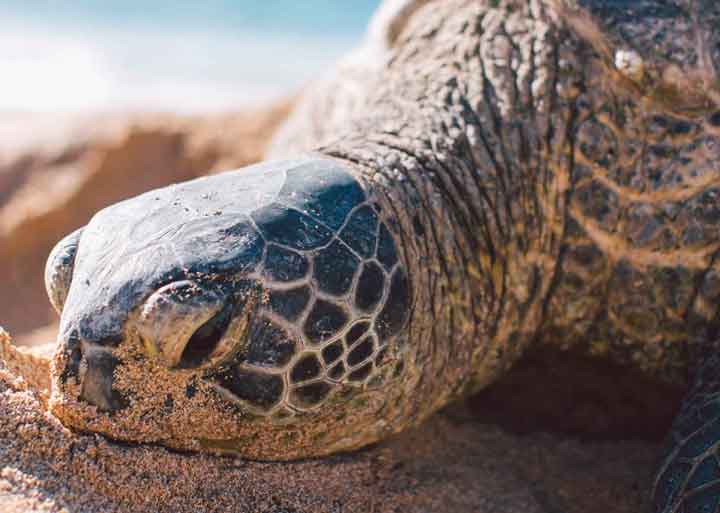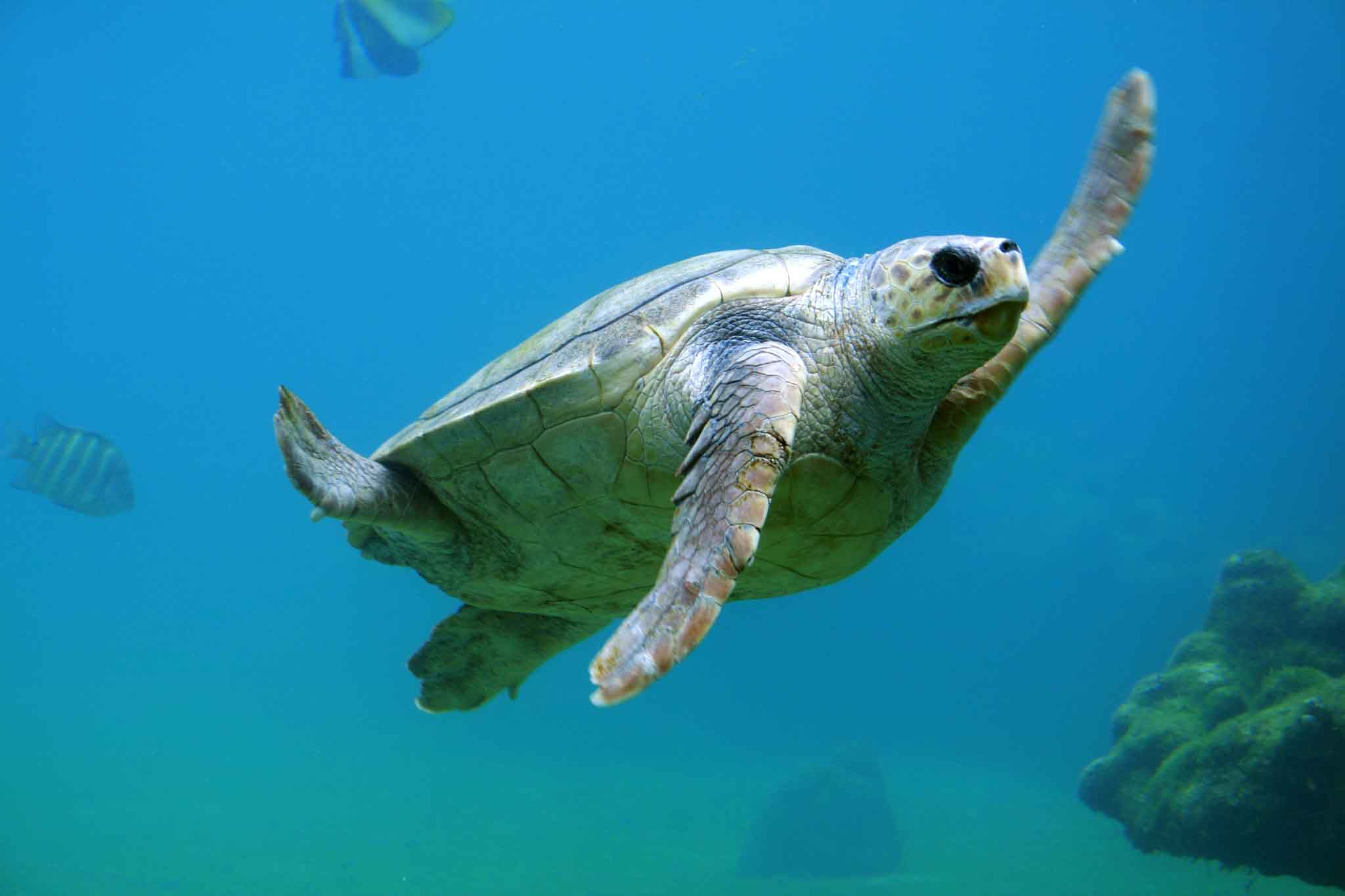Environmental autorithies carry out patrols to protect sea turtles
After a month of September carrying out joint inter-institutional patrols, the Tortuguero National Park announced that they found evidence of 43 looted nests and the theft of 20 sea turtles, for which they managed to arrest seven people and deliver them to the corresponding authorities.
Despite all this, the same report highlighted the sowing of 11,106 nests of the different species of sea turtles that flock to this part of the Caribbean of Costa Rica. Tortuguero National Park usually receives, annually, the visit of the Green Turtle (Chelonia mydas), Hawksbill (Eretmochelys imbricata), Lora (Lepidochelys olivacea), Leatherback (Dermochelys coriacea) and Loggerhead (Caretta caretta).
Last August, the report presented by the park reported the theft of 15 sea turtles, the looting of 28 nests and the seizure of a illegal fishing net on the coast. They also published the sowing of more than 15 thousand nests within the park. For the month of July, when there were still strong restrictions, due to the COVID-19 pandemic, 3 predated turtles were found and 6 people were consigned to the authorities.
50 years of protection

El Tortuguero National Park is an important sanctuary for the marine turtle. Photo: Ketih Champaco/Unsplash
Last July, the National System of Conservation Areas (SINAC), celebrated the 50th anniversary of the creation of this national park, which has been dedicated to the protection of the sea turtle for decades. One of the great activities that are experienced in this area of the Caribbean of Costa Rica, are the great “arrivadas”, in which hundreds of turtles leave the ocean to lay their eggs.
It is considered “the main turtle refuge in the entire American continent”. The park, shared with the south of Nicaragua, extends over more than 26 thousand hectares of jungle, where about four hundred species of trees live, around 2200 types of plants, a high number of species of birds, jaguars, alligators, spider monkeys and toucans.
